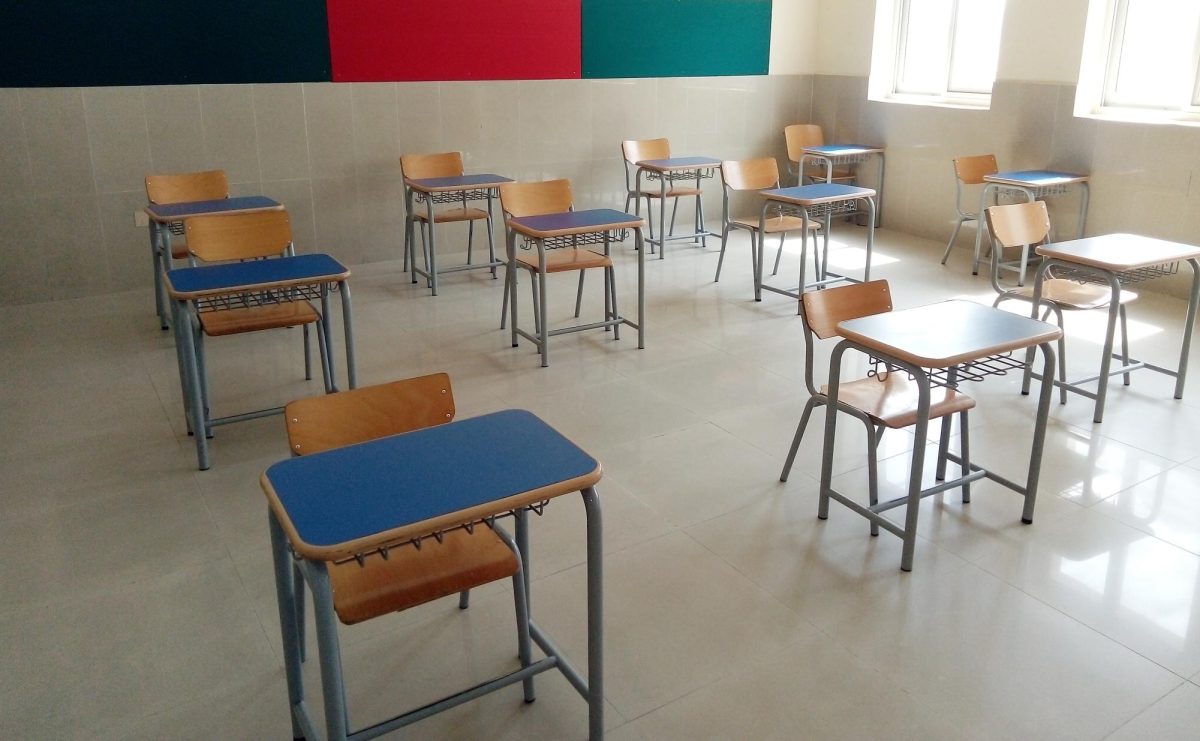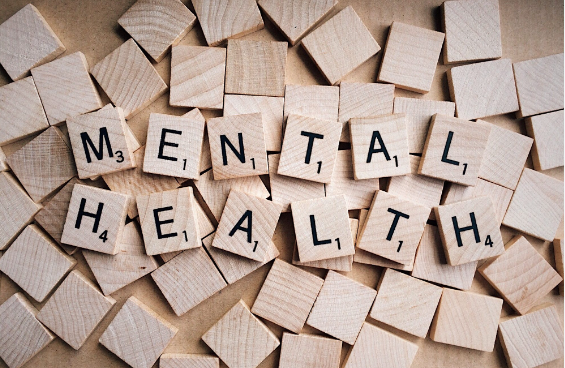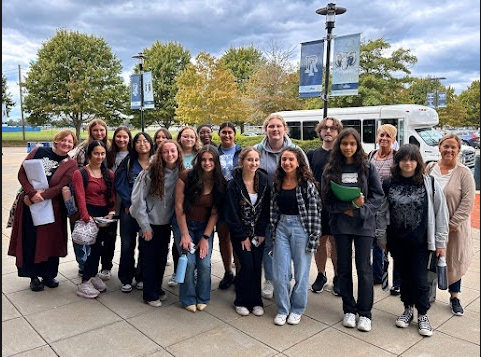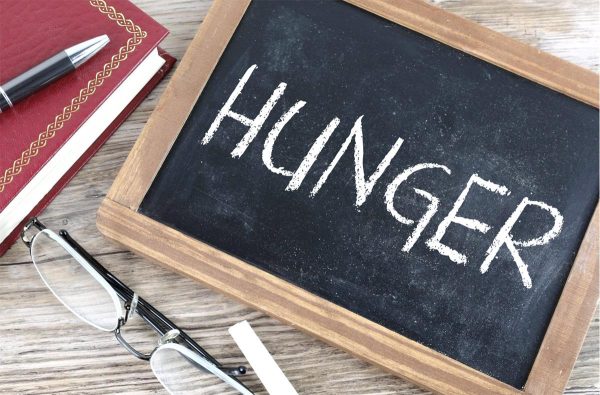How have students’ performance in the classroom been impacted by Covid-19?
Covid-19 has changed the way people live their lives almost indefinitely. This meant something different for everyone. But for most, it meant pre-existing issues were exacerbated by the shutting down of the country. Many teachers were faced with the issue of trying to adequately prepare their students for the next chapter of their education. Whether in reference to moving up a grade, going to middle or high school, or even into the real world or off to college, all while sitting at home behind a screen. On the flip side, students were expected to learn and grasp the material they needed in order to move forward, from their homes. With the complete and sudden separation from friends and family, as well as school being completely online, it poses many questions in terms of the quality of students’ education. One of many would be “how did distance learning alter or impact the education which students are receiving now?”
Six teachers here at Toll Gate High School have given their insight on the matter. “We, as teachers, definitely see a difference from pre-covid times to now.” says Math teacher, Gina Arpin.
French teacher Lydia McDowell explains, “There was very little participation, there was very little learning as a result.”
Ultimately, one of the biggest recurring issues teachers say they face with students after coming back to school is due dates. “Students still think that they’re going to get a pass on a lot of things, so they don’t expect things, like due dates, to be firm. They don’t expect the work to be rigorous, because they still think that they’re going to get a pass because of Covid,” says English teacher Christen Collins.
“I think as teachers we have to bring them back to a point that ‘yes, there are deadlines.’ Deadlines are necessary. Not only just for education, just for life in general.” says Science teacher Michael Vadney. Mr. Vadney says he believes students have become “passive-aggressive” with their education.
Another point frequently mentioned was student attendance. “Attendance is an issue. The students feel like they don’t have to come.” says Christen Collins.
Art teacher Alison Toronczak agrees. “Mostly the issue with Covid has been attendance.”
So what does this mean? It means that we all collectively need to work to get back on track. Covid was grueling for everyone. We all have the opportunity to do well with the resources we are provided which is an absolute privilege. Teachers are willing to, and currently are, doing their best to make up for lost time; though this does not mean there is no effort to be put in from students’ ends. There is hope for the improvement of the education of this generation; it just takes effort.
When asked if she sees students’ performance improving, Christen Collins says “I hope so.”
“It’s going to be tough to come back from, but I think we’re on the right path now,” says Lydia McDowell.
“As each year passes, we know the students will also perform better as we are now approaching a normal school year,” says Gina Arpin.
The improvement of students’ education is one that requires much effort from students that is currently not being shown. With that being said, it is evident that teachers do see a brighter future for this generation of students.





